Latest Tech News in the US
Read the latest tech news in the US and in your community. Stay updated with the latest trends and insights in the tech industry, refreshed monthly.
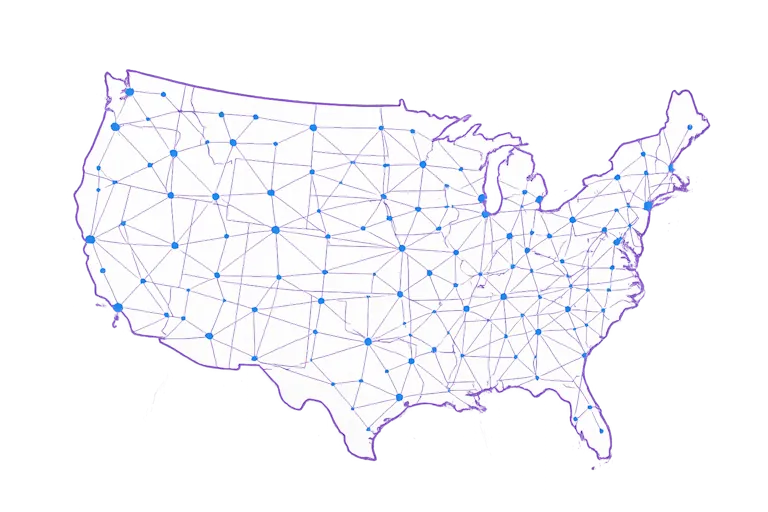
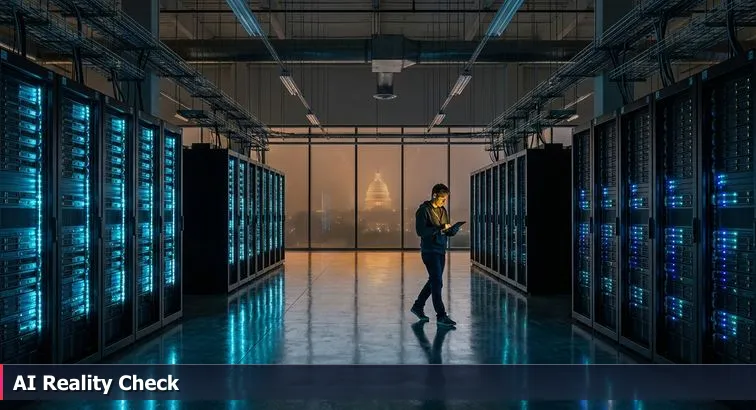
Featured: This Month's Latest Tech News in the US - January 31st 2026 Edition
By Irene Holden, on February 7th 2026

This Month's Latest Tech News in Washington, DC - January 31st 2026 Edition
By Irene Holden, on February 2nd 2026

This Month's Latest Tech News in New York City, NY - January 31st 2026 Edition
By Irene Holden, on February 2nd 2026
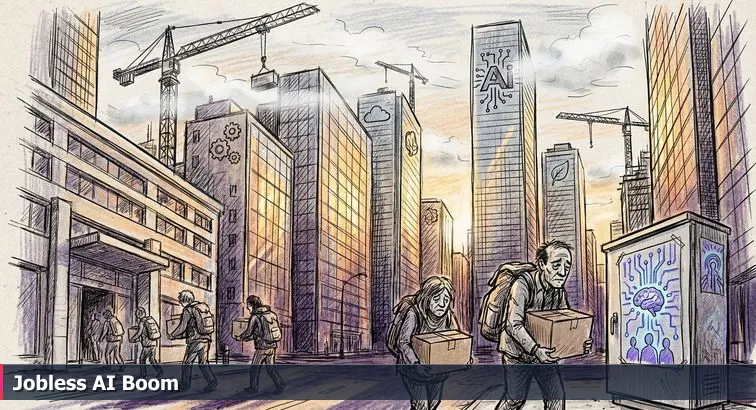
This Month's Latest Tech News in San Francisco, CA - January 31st 2026 Edition
By Irene Holden, on February 2nd 2026
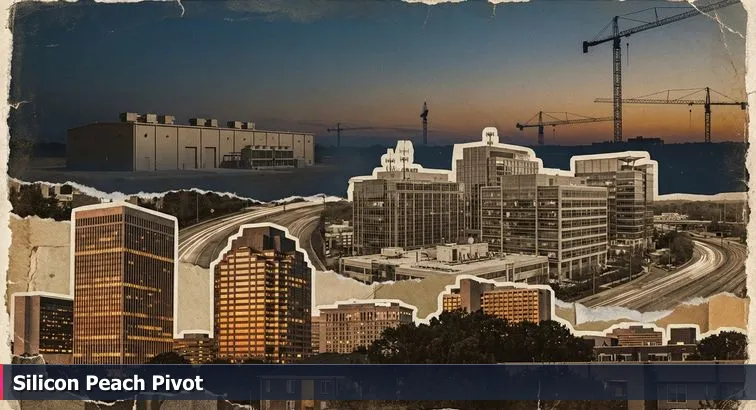
This Month's Latest Tech News in Atlanta, GA - January 31st 2026 Edition
By Irene Holden, on February 2nd 2026
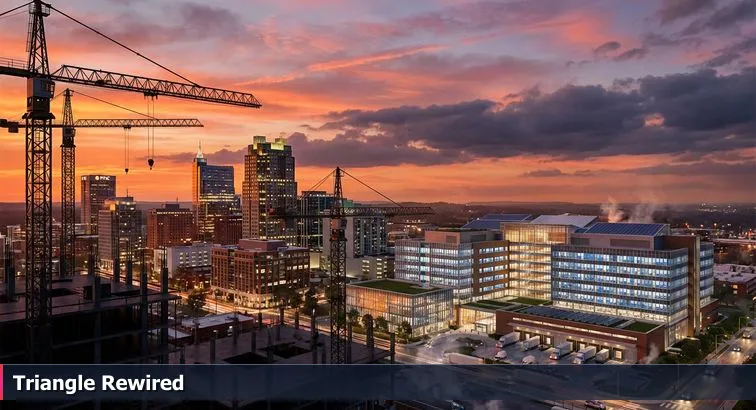
This Month's Latest Tech News in Raleigh, NC - January 31st 2026 Edition
By Irene Holden, on February 2nd 2026

This Month's Latest Tech News in Miami, FL - January 31st 2026 Edition
By Irene Holden, on February 2nd 2026

This Month's Latest Tech News in Pittsburgh, PA - January 31st 2026 Edition
By Irene Holden, on February 2nd 2026

This Month's Latest Tech News in Boston, MA - January 31st 2026 Edition
By Irene Holden, on February 2nd 2026

This Month's Latest Tech News in Detroit, MI - January 31st 2026 Edition
By Irene Holden, on February 2nd 2026
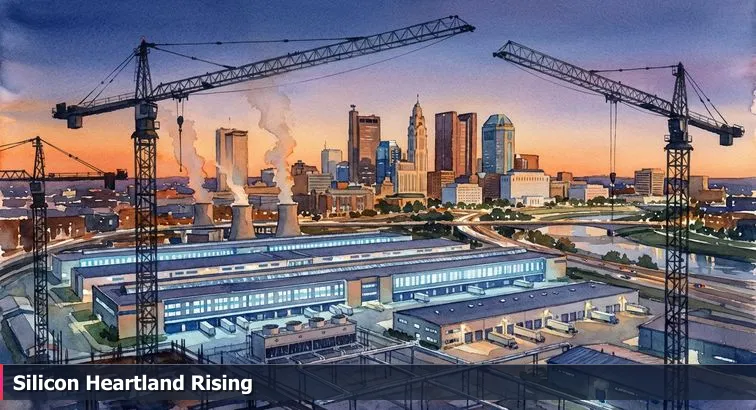
This Month's Latest Tech News in Columbus, OH - January 31st 2026 Edition
By Irene Holden, on February 2nd 2026
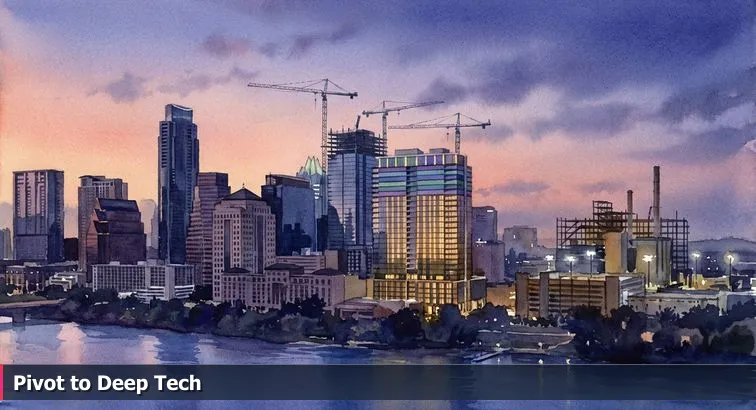
This Month's Latest Tech News in Austin, TX - January 31st 2026 Edition
By Irene Holden, on February 2nd 2026

This Month's Latest Tech News in Chicago, IL - January 31st 2026 Edition
By Irene Holden, on February 2nd 2026

This Month's Latest Tech News in Bellevue, WA - January 31st 2026 Edition
By Irene Holden, on February 2nd 2026

This Month's Latest Tech News in Columbus, OH - Sunday August 31st 2025 Edition
By Ludo Fourrage, on September 3rd 2025

This Month's Latest Tech News in Buffalo, NY - Sunday August 31st 2025 Edition
By Ludo Fourrage, on September 3rd 2025

This Month's Latest Tech News in New York City, NY - Sunday August 31st 2025 Edition
By Ludo Fourrage, on September 3rd 2025

This Month's Latest Tech News in Detroit, MI - Sunday August 31st 2025 Edition
By Ludo Fourrage, on September 3rd 2025

This Month's Latest Tech News in Toledo, OH - Sunday August 31st 2025 Edition
By Ludo Fourrage, on September 3rd 2025

This Month's Latest Tech News in Philadelphia, PA - Sunday August 31st 2025 Edition
By Ludo Fourrage, on September 3rd 2025

This Month's Latest Tech News in Cleveland, OH - Sunday August 31st 2025 Edition
By Ludo Fourrage, on September 3rd 2025

This Month's Latest Tech News in Rochester, NY - Sunday August 31st 2025 Edition
By Ludo Fourrage, on September 3rd 2025

This Month's Latest Tech News in Pittsburgh, PA - Sunday August 31st 2025 Edition
By Ludo Fourrage, on September 3rd 2025

This Month's Latest Tech News in Cincinnati, OH - Sunday August 31st 2025 Edition
By Ludo Fourrage, on September 3rd 2025

This Month's Latest Tech News in Sandy Springs, GA - Sunday August 31st 2025 Edition
By Ludo Fourrage, on September 3rd 2025

This Month's Latest Tech News in Macon, GA - Sunday August 31st 2025 Edition
By Ludo Fourrage, on September 3rd 2025

This Month's Latest Tech News in Chicago, IL - Sunday August 31st 2025 Edition
By Ludo Fourrage, on September 3rd 2025

This Month's Latest Tech News in Aurora, IL - Sunday August 31st 2025 Edition
By Ludo Fourrage, on September 3rd 2025

This Month's Latest Tech News in Victorville, CA - Sunday August 31st 2025 Edition
By Ludo Fourrage, on September 3rd 2025

This Month's Latest Tech News in Elgin, IL - Sunday August 31st 2025 Edition
By Ludo Fourrage, on September 3rd 2025

This Month's Latest Tech News in Joliet, IL - Sunday August 31st 2025 Edition
By Ludo Fourrage, on September 3rd 2025

This Month's Latest Tech News in Savannah, GA - Sunday August 31st 2025 Edition
By Ludo Fourrage, on September 3rd 2025

